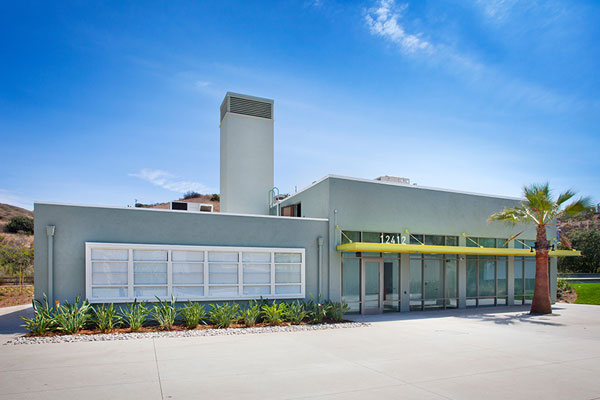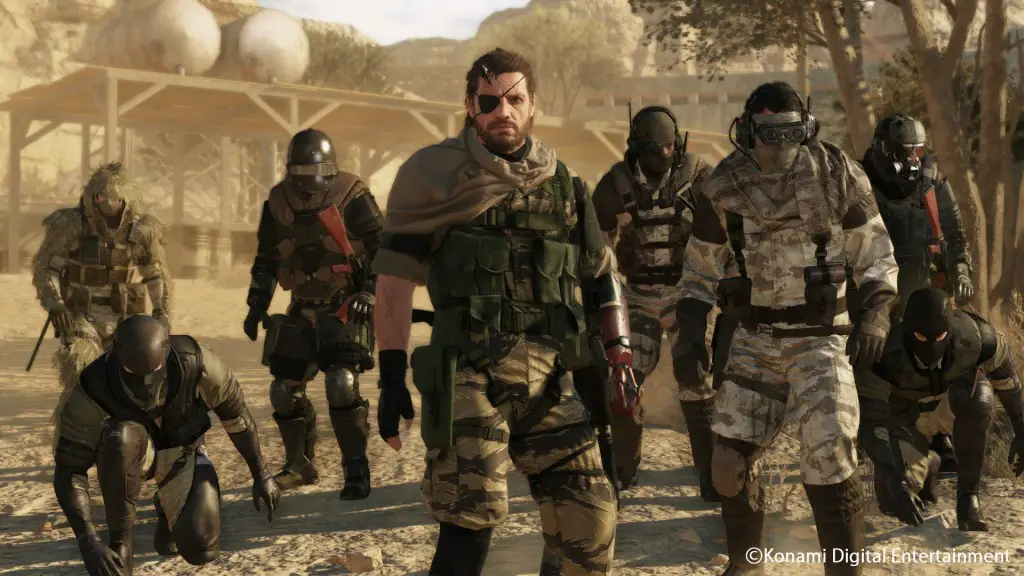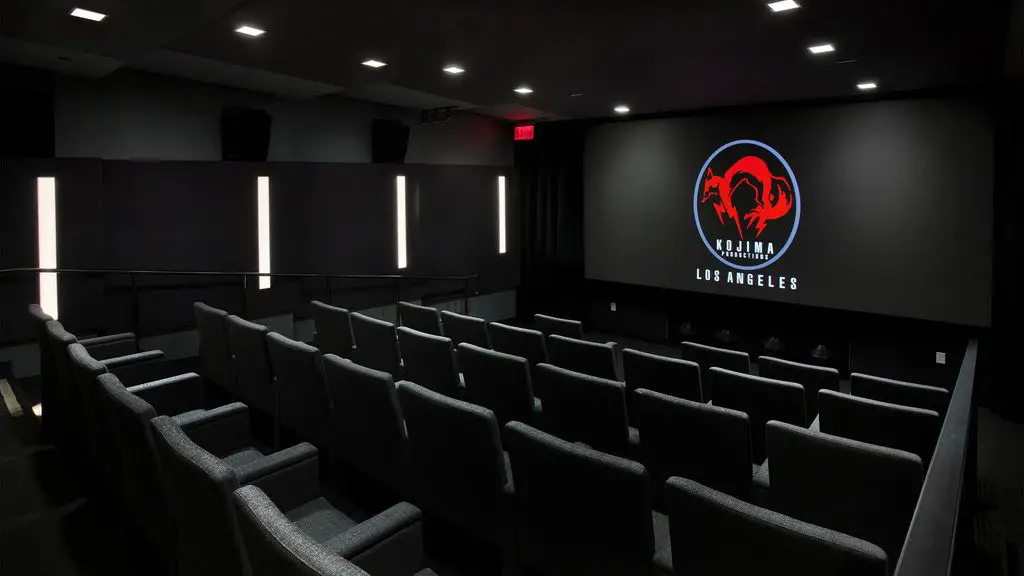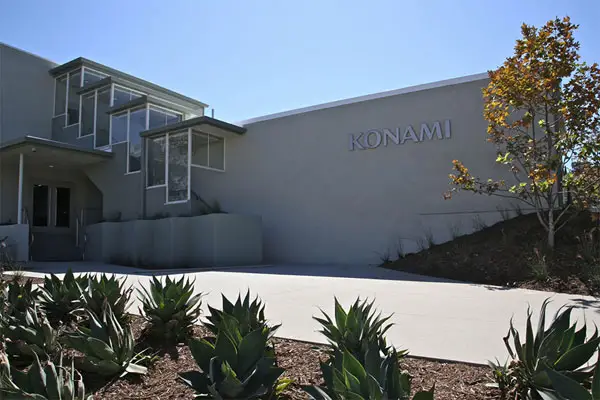Former Kojima Productions Los Angeles staff members look back at their time at the studio
In a cover story by website Polygon, former staff members of the now closed Los Angeles Kojima Productions studio talk about their experiences working at the studio, and how it all ended a mere two years after the opening. Kojima Productions LA officially opened its doors in 2013, with the intention of becoming one of the best studios in the world. However, as we know by now, things went differently.

The studio’s first task was to work on the multiplayer aspect of Metal Gear Solid V, Metal Gear Online. Just like the singleplayer portion, it would run on the newly developed Fox Engine.
An anonymous staffer told Polygon: “Using the Fox Engine completely changed my life, because I learned a lot, and actually it was way more advanced than what I was imagining. When I compare it with other games and their engines, some of the features — the Fox Engine did them several years ago and [the competition is only getting] them now.”
However, other staffers note the engine could be difficult to work with for non-technical designers, or those who couldn’t read Japanese, as many of the comments were in that language.
There were some ambitious ideas for Metal Gear Online. One of those ideas was a mode in which players would compete to reach a fortress across the big open world map. The gameplay would be comparable to the multiplayer of a franchise like Battlefield, with capture points and transport systems. However, the team was forced to scale back due to the many roadblocks they hit.

For future projects, there were also ideas for other Konami IPs. Lavin told Polygon the team put together various concepts and ideas for them to work on, including a pitch for a new Silent Hill, Bomberman and Contra.
They had several ideas for projects in the Metal Gear universe as well. One of them was a young Solid Snake origin story with a focus on parkour. Another idea had players compete in an online multiplayer game that took place inside Psycho Mantis’ head, which would give them the ability to include characters that otherwise could not have been fit together.
Tom Sekine pitched these ideas to the higher-ups at Konami, but none of them came to fruition. “When we started seeing that whole process not really go anywhere, that was pretty much the end of that.”

After Kojima left Konami, and the company’s focus had shifted from large-scale console games to mobile, it didn’t take long for the LA studio to close its doors, on November 4th, 2015. Former staffers were left with good memories of their time working together and with Kojima, but also a strong sense of what could have been if things had gone in a different direction.
Mario Lavin (former lead sound designer at Kojima Productions LA): “The legacy should be the memory that could’ve been. What could’ve been next, what should’ve been next, would’ve been great, to see where Kojima would’ve taken us next. He definitely put in a lot of love into the design of the studio itself and handpicking the people that were there. It would’ve been great to follow his vision all the way through.”
Victor Rachels (former programmer at Kojima Productions LA): “It was an opportunity that was sad that we never got to see it fleshed out. I think Kojima would’ve done some really cool things with us, and wanted us to do cool things. The fact that he still wants to work with Westerners and the LA, Hollywood aspect of it, and you see the cool things he’s doing with other people now — the fact that that could’ve been with us is pretty disappointing.”
To read the entire reconstruction of Kojima Productions LA studios short-lived existence, visit Polygon.
Source: Polygon

